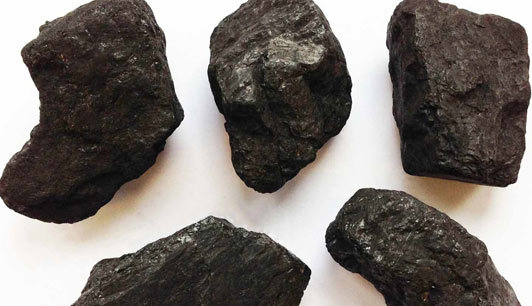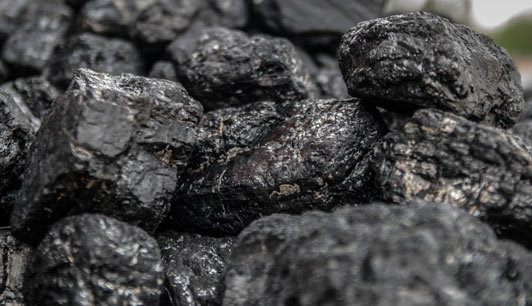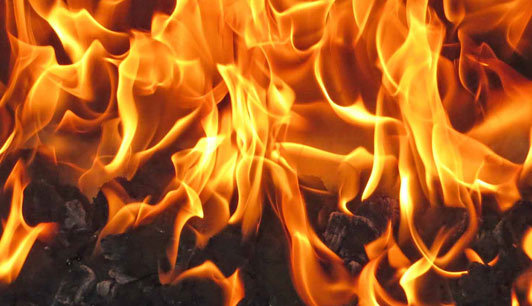Coal in the UK is on the decline… or is it? The recent closure of the last deep mine in the UK marks an odd time for the coal industry and, subsequently, coal prices. But what does this mean for you, the customer, regarding coal prices?
When it comes to heating our homes, price is certainly at the forefront of our buying decisions. That’s why we wanted to discuss the recent closure of the last deep UK mine, the current coal prices and whether it’s likely to increase.
How Much is Coal?
The cost of Housefuel’s house coal varies depending on the type and quantity purchased. Customers can explore options such as Premium Doubles, Premium Trebles, and 25kg Economy Ovoids, each offering excellent value for efficient and reliable heating.
Is Coal Expensive?
Compared to other heating fuels, coal remains an affordable option. It provides a budget-friendly alternative for homeowners. Additionally, coal's high heat output and low ash content make it a practical choice for efficient home heating.
So what does the closure of the last deep mine in the UK mean for you? Well, it shouldn’t have much of an effect on the everyday consumer. The coal production industry in the UK is nowhere near as strong as it was, with ‘near-decade low prices’ apparent due to a mixture of lower demand, cheap imports, low-carbon energy alternatives and government indifference’. However, coal is a commodity still massively used and with more and more people opting for less conventional methods to heat their homes, such as multi-fuel/wood burning stoves and open fires, we predict that coal use still will be vital in years to come. This is even more apparent as installing a multi-fuel stove could, in fact, ‘add value and, in the long run, and be more efficient as there are options to use manufactured alternatives such as Smokeless Fuels.
So if the coal prices are at an all-time low, it’s not a problem, is it? Looking at the ebbs and flows of coal prices over the last five years, it is currently good news for consumers that the average coal price is the lowest it has been for many years.
As a commodity, coal is cheaper to import, and those current savings can be passed on to consumers. However, recent data has suggested that the recent low prices will not last long. The cause of the recent slump in demand and production can be linked to a movement to reduce pollution. China previously enforced limits on the number of days miners can work to meet quotas. However, due to the reduced European production, more imports have come from China and other countries to cover the lack of domestic production.
Figures from the Department of Energy and Climate Change show that imports accounted for a higher proportion than exports, a trend that hasn’t been seen since 2001. This has meant that European coal prices have increased to near 18-month highs.
A recent article from Bloomberg (03/10/2016) suggests China has enforced a lull in production. However, it has had to carry out a balancing act to combat the inevitable increase in coal prices. China is ‘ploughing ahead with its year-end targets for cutting unneeded coal production capacity while also seeking to ease production controls on selected miners to cool rising prices. This is important because even though an effort is being made to reduce pollution, China is wary of increasing coal prices and will most likely react to an increase in coal prices.



So what does all this mean for you, our customers? Well, in short, it may mean a slight coal price increase. We know that coal prices are at the forefront of our buying decisions regarding heating our homes. As an online coal merchant dedicated to providing the cheapest coal prices, we endeavour to offer our customers the best, most competitive coal prices. This ultimately means that we can pass the savings on to our customers.
Sources:
https://www.bbc.co.uk/news/uk-england-york-north-yorkshire-35803048
https://www.theguardian.com/environment/2015/dec/18/kellingley-colliery-shabby-end-for-an-industry




